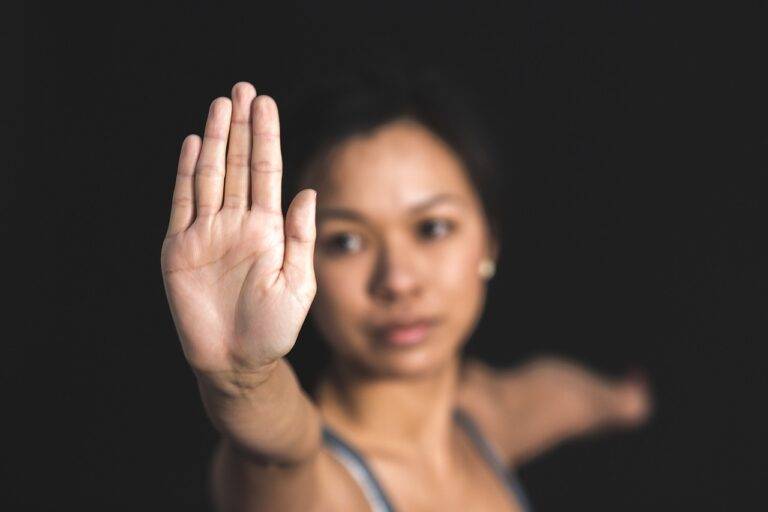Mindful Parenting During a Pandemic: Navigating Challenges with Compassion and Resilience
Identifying stress triggers is a crucial step in managing and reducing stress levels. Understanding what situations, people, or events trigger stress responses in individuals can help in developing effective coping strategies. Common stress triggers may include work deadlines, financial pressures, relationship conflicts, or even certain environments.
Once stress triggers are identified, individuals can work on implementing coping mechanisms to better deal with stress. Coping strategies can vary from person to person and may include exercise, mindfulness practices, seeking support from friends or family, or engaging in hobbies. Developing a toolbox of coping mechanisms can provide individuals with a variety of options to choose from when faced with stressful situations.
Establishing a Routine for Stability and Predictability
Setting up a daily routine can provide a sense of stability and predictability in our lives. By establishing consistent patterns and habits, we create a structure that can help us navigate through the uncertainties and challenges of each day. This routine can include activities such as waking up and going to bed at the same time each day, scheduling regular meals, incorporating time for exercise, work, and relaxation, as well as engaging in hobbies or interests that bring joy and fulfillment.
Having a routine can also help us manage our time more effectively and increase our productivity. By allocating specific time blocks for different tasks and responsibilities, we are better able to prioritize and focus on what needs to be done. This can reduce feelings of overwhelm and anxiety, as we have a clear plan in place for how to approach our daily activities. Ultimately, establishing a routine can create a sense of order and control in our lives, allowing us to feel more grounded and balanced amidst the chaos of daily life.
How can I identify my stress triggers?
Pay attention to situations or events that cause you to feel anxious, overwhelmed, or upset. Keep a journal to track patterns and identify common triggers.
What are some coping mechanisms for dealing with stress?
Some coping mechanisms include deep breathing exercises, meditation, physical activity, talking to someone you trust, and practicing self-care activities.
How can establishing a routine help with stability and predictability?
A routine provides structure and consistency, which can help reduce feelings of uncertainty and anxiety. It can also create a sense of control and organization in your daily life.
How can I stick to a routine when things get busy or stressful?
Start small and make adjustments as needed. Prioritize self-care and be flexible with your routine when necessary. Remember that it’s okay to take breaks and give yourself grace during challenging times.





